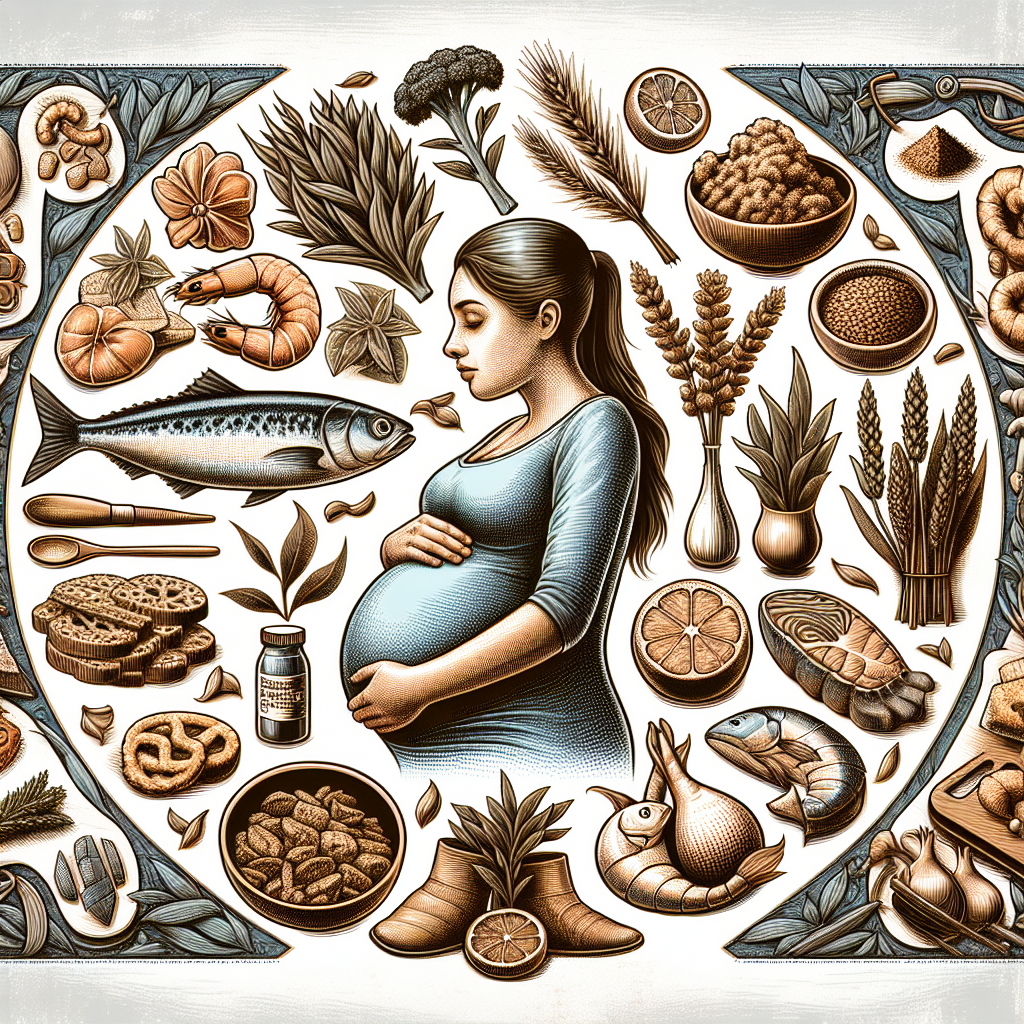Child Development: A Complete Guide to the Essential Stages
Expecting a child is one of the most special moments in a woman's life. But, in addition to the priceless joy it brings, it also comes with a number of responsibilities, especially when it comes to the health of the expectant mother and her child. It is essential to know which herbs and foods may not be beneficial during pregnancy. This guide will give you useful information on what to avoid in order to have a healthy pregnancy.
The Importance of Nutrition During Pregnancy
A healthy and balanced diet is crucial during pregnancy, as the nutrients you consume are the main source of energy and development for your baby. However, there are certain foods and plants that can endanger the normal development of the baby or cause adverse reactions in mothers.
Plants to Avoid in Pregnancy
Many women turn to herbs to relieve various pregnancy symptoms, but not all of them are safe. Here are some plants that should be avoided:
- Aloe Vera - can induce uterine contractions and lower blood glucose levels.
- Ginseng - contains substances that can affect the development of the embryo.
- Valerian - there are not enough studies to prove its safety in pregnancy.
- Sage - can stimulate contractions and influence estrogen levels.
Foods to Avoid in Pregnancy
Certain foods should be limited or avoided completely during pregnancy:
- Fish with high levels of mercury - such as swordfish or shark.
- Unpasteurized dairy products - may contain harmful bacteria such as Listeria.
- Raw or undercooked meat - risks of toxoplasmosis and other infections.
- Raw eggs or food containing raw eggs - Salmonella risks.
General Recommendations
In addition to avoiding certain plants and foods, it is advisable to:
- Eat plenty of fresh fruits and vegetables.
- Make sure you eat the meat well cooked.
- Wash vegetables and fruits thoroughly to remove possible pesticides.
- Hydrate properly throughout the day.
Recommended Supplements and Vitamins
Although a balanced and varied diet should provide you with all the nutrients you need, your doctor may recommend supplements such as:
- Folic acid - essential in preventing birth defects.
- Iron - prevents anemia and supports the development of the child.
- Calcium - crucial for baby's bone development.
Beneficial Foods in Pregnancy
Certain foods are especially beneficial during pregnancy, including:
- Whole grains - rich in fiber and essential nutrients.
- Legumes - excellent source of protein and iron.
- Nuts and seeds - contain omega-3 fatty acids important for the development of the child's brain.
- Dairy products - good source of calcium.
Exercise and rest
During pregnancy, it is important to have a balance between physical activity and rest. Moderate exercise such as walking or pregnancy yoga is beneficial, but be sure to talk to your doctor before starting any exercise program.
Conclusion
So it's vital to be informed when it comes to what to eat and what to avoid during pregnancy. A well-balanced diet, along with your doctor's recommendations, can help you have a healthy pregnancy and pave the way for your baby's optimal development. Don't forget to hydrate properly and ensure a balance between physical activity and rest. For more information, visit our dedicated section for mothers and parents-to-be or subscribe to our newsletter for personalized tips and advice.














































































































































